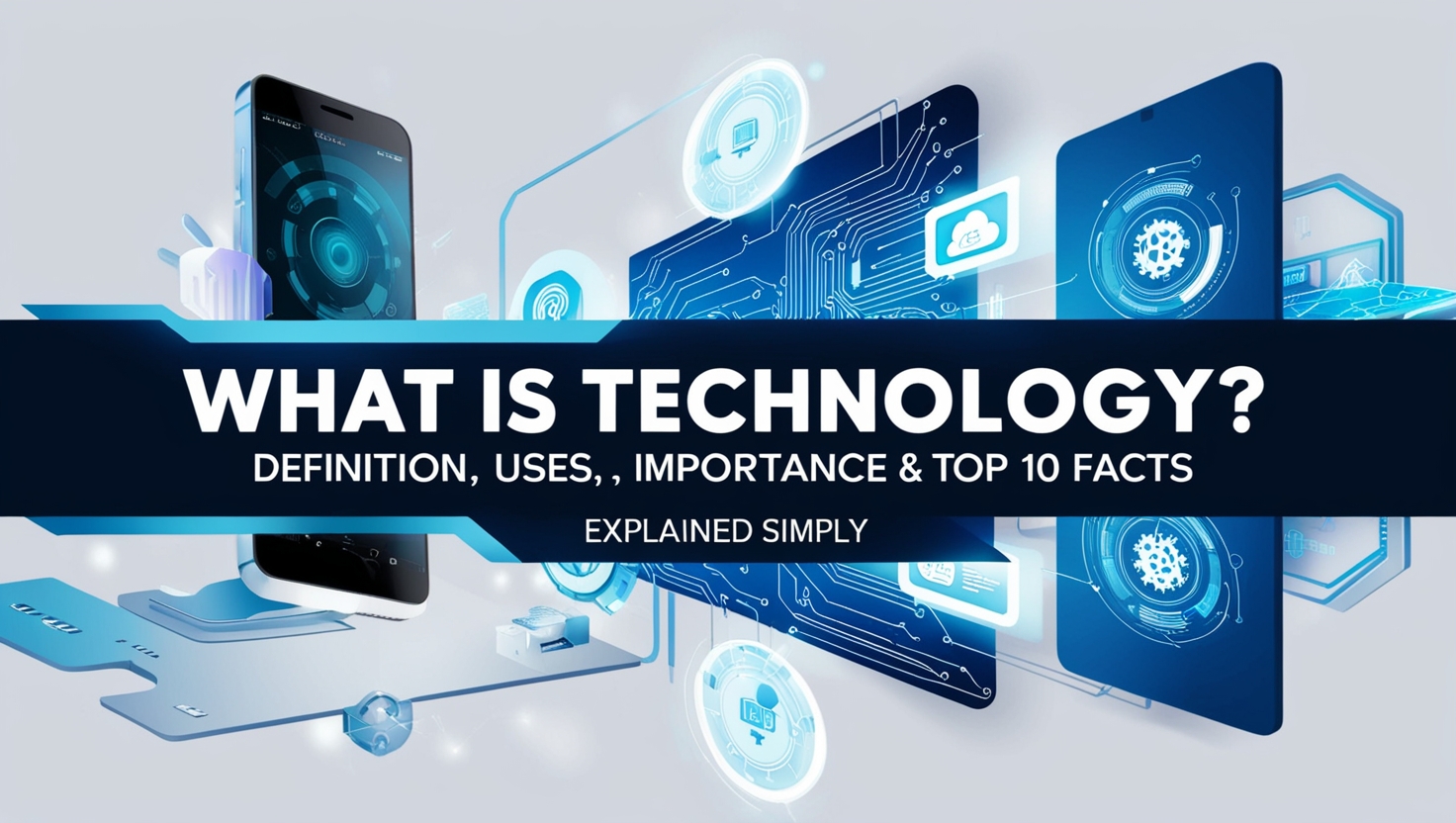Introduction
In recent years, agentic AI—artificial intelligence systems capable of autonomous reasoning, task execution, and document drafting—has begun reshaping the public sector. Unlike traditional AI tools that require constant human oversight, agentic AI can plan, decide, and act independently within set guidelines. This makes it a powerful ally for governments seeking to streamline administrative work, enhance service delivery, and meet citizens’ rising expectations for faster, more transparent governance.
From automating repetitive tasks in government offices to offering real-time citizen assistance, agentic AI is quickly moving from experimental projects to essential infrastructure. In this article, we explore how agentic AI works, where it is being applied in the public sector, the benefits it brings, and the challenges policymakers must address.
What is Agentic AI?
Agentic AI is a type of artificial intelligence that can:
- Understand context through advanced natural language processing.
- Reason and plan tasks without human micromanagement.
- Execute actions in digital or physical environments.
- Adapt and learn from results to improve over time.
Think of it as a highly capable digital public servant—one that doesn’t get tired, can process thousands of documents simultaneously, and can handle complex requests in minutes.
For example:
- A traditional chatbot can answer FAQs about tax filing.
- An agentic AI can not only answer questions but also retrieve your tax history, pre-fill forms, and submit them—while ensuring compliance with government regulations.
Why Governments are Turning to Agentic AI
Public agencies face growing demands from citizens for speed, accuracy, and transparency. At the same time, budget constraints and workforce shortages make it difficult to scale operations. Agentic AI offers solutions by:
- Reducing Administrative Burden
Clerks spend hours processing forms, reviewing applications, and drafting standard communications. Agentic AI can automate these tasks, freeing employees to focus on complex decision-making. - Improving Service Delivery
AI agents can provide 24/7 assistance for public services such as license renewals, pension applications, and healthcare inquiries. - Enhancing Decision-Making
Agentic AI can analyze large datasets—from traffic patterns to public health records—to suggest data-driven policy actions.
read more : How to Learn Prompt Engineering for Free in 2025 – Best Free Courses, Tools & Communities
Real-World Applications of Agentic AI in the Public Sector
Governments worldwide are experimenting with and deploying agentic AI in multiple areas.
1. Smart Citizen Portals
Instead of static forms and FAQ pages, citizens can interact with AI-powered assistants that understand requests in plain language, guide users step-by-step, and automatically process applications.
Example: Estonia’s e-Government platform uses AI-driven agents to help residents access over 99% of public services online.
2. Automated Document Processing
Government offices deal with millions of pages of paperwork annually. Agentic AI can read, classify, extract, and validate information from documents in seconds—significantly reducing errors.
Example: The UK’s HM Revenue & Customs is exploring AI for faster tax return verification.
3. Crisis Management and Public Safety
During emergencies, AI agents can coordinate relief efforts, analyze incoming reports, and optimize resource allocation.
Example: AI-based systems in Singapore help detect disease outbreaks earlier by analyzing health data patterns.
4. Judicial and Legal Assistance
Court systems use agentic AI to summarize case files, draft routine legal notices, and assist judges with legal research.
Example: Some U.S. states are piloting AI tools to process small claims more efficiently.
5. Urban Planning and Traffic Management
Agentic AI analyzes real-time traffic, predicts congestion, and adjusts signals dynamically—improving flow and reducing pollution.
Example: Barcelona integrates AI into its smart city traffic systems.
Benefits of Agentic AI in Governance
The potential advantages of adopting agentic AI are significant:
- Faster Response Times: Citizens can get answers and complete processes instantly.
- Cost Savings: Automation reduces operational expenses.
- Higher Accuracy: AI minimizes human error in repetitive, data-heavy tasks.
- 24/7 Availability: Services become accessible at any time, improving inclusivity.
- Scalability: AI can handle sudden surges in demand, such as during tax season or crisis situations.
Challenges and Risks
While promising, agentic AI in the public sector must address several challenges before it can reach its full potential:
- Data Privacy and Security
Government AI systems must safeguard sensitive citizen data from breaches and misuse. - Bias and Fairness
AI algorithms can unintentionally perpetuate social or demographic biases unless carefully monitored. - Transparency and Accountability
Decisions made by AI agents must be explainable to ensure trust and compliance with legal standards. - Workforce Adaptation
Public sector employees will need training to work alongside AI systems effectively. - Regulatory Compliance
Governments must ensure AI usage complies with laws, especially regarding citizen rights and administrative fairness.
Best Practices for Implementing Agentic AI in the Public Sector
To ensure responsible and effective adoption, governments should:
- Start with Pilot Projects: Test AI in controlled scenarios before full-scale deployment.
- Ensure Human Oversight: Keep humans in the loop for critical decisions.
- Adopt Transparent AI Models: Provide explanations for AI-driven outcomes.
- Prioritize Citizen-Centric Design: Focus on user-friendly interfaces and accessibility.
- Invest in Workforce Training: Equip public employees with AI literacy.
The Future of Agentic AI in Governance
Looking ahead, agentic AI is poised to become an integral part of public service ecosystems. We can expect:
- Proactive Government Services: AI agents will anticipate citizen needs, such as automatically scheduling health check-ups or renewing licenses.
- Seamless Interdepartmental Coordination: AI will bridge silos between departments, enabling unified service delivery.
- Integration with IoT and Smart Cities: AI agents will manage city infrastructure in real time, from energy grids to waste management.
The ultimate vision is a “digital public servant” that works tirelessly in the background, ensuring services are fast, fair, and tailored to individual needs.
Conclusion
Agentic AI represents a transformative shift in how governments operate and interact with citizens. By taking over repetitive tasks, offering intelligent decision support, and ensuring 24/7 service availability, it can help the public sector meet the challenges of the modern era. However, to harness its full potential, policymakers must balance innovation with robust ethical, legal, and operational safeguards.
As more countries pilot and scale these technologies, agentic AI will likely become as essential to governance as the internet once was—redefining public service delivery for decades to come.





One thought on “Agentic AI Is Quietly Reshaping Government – Here’s What You Need to Know”